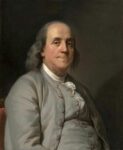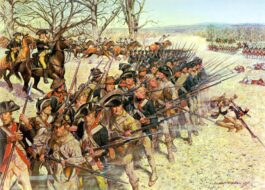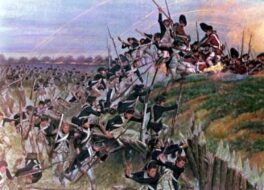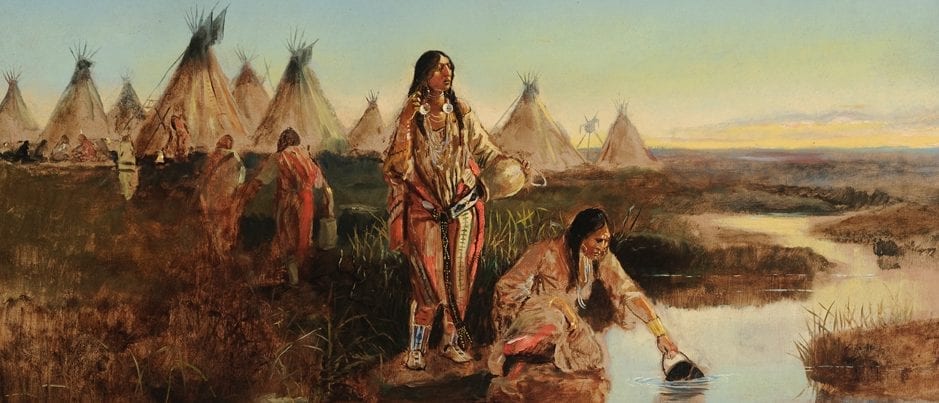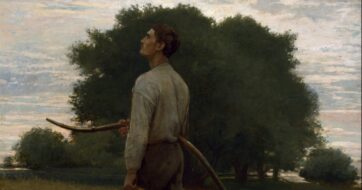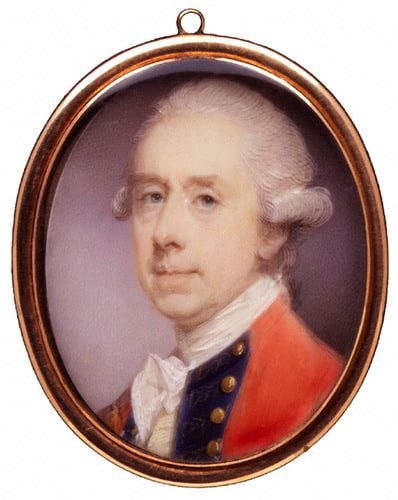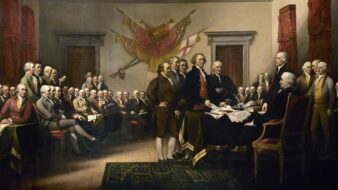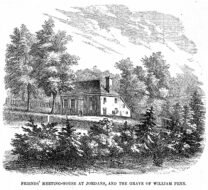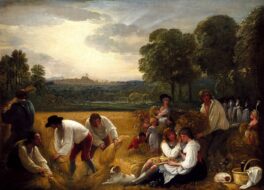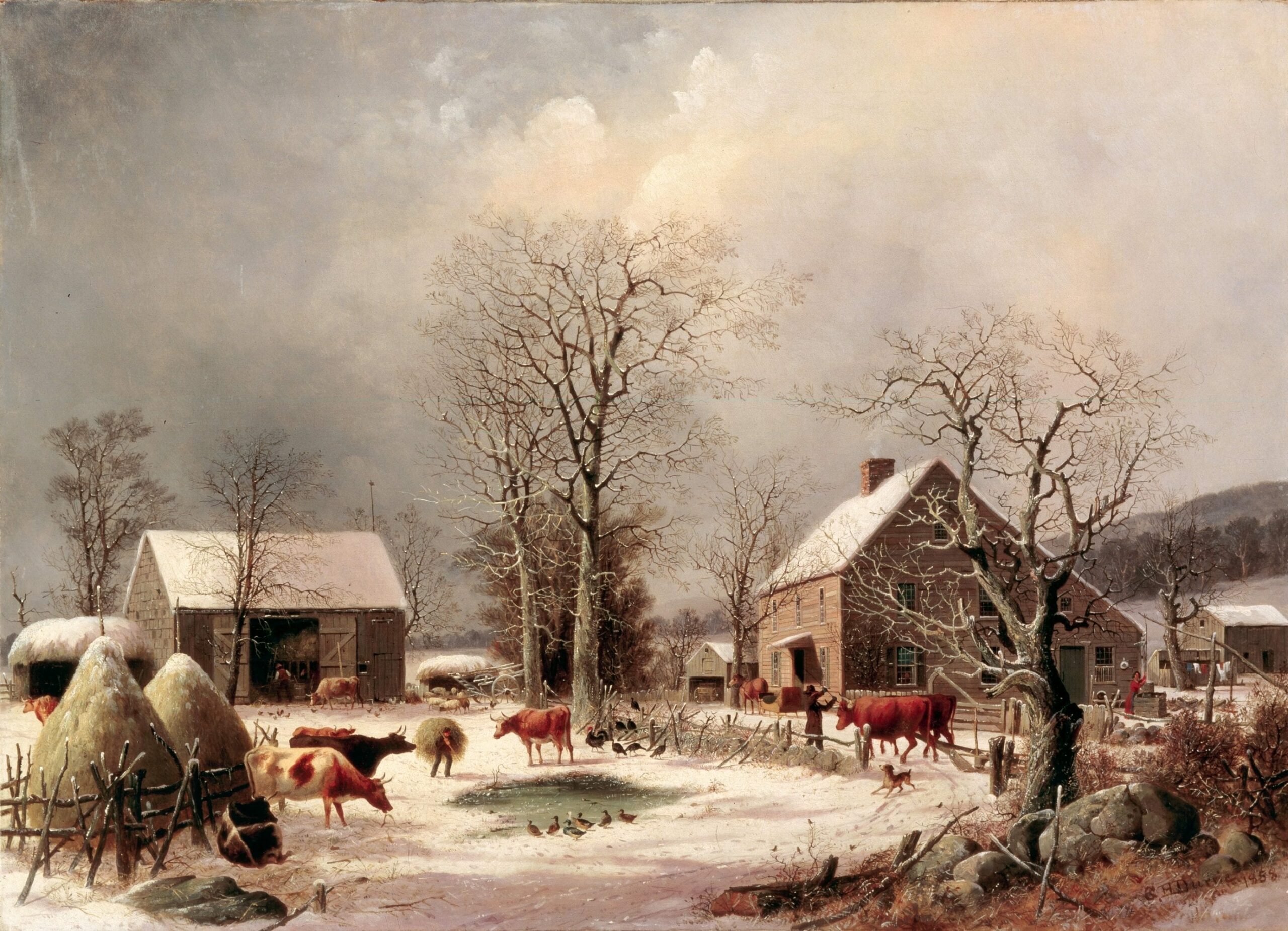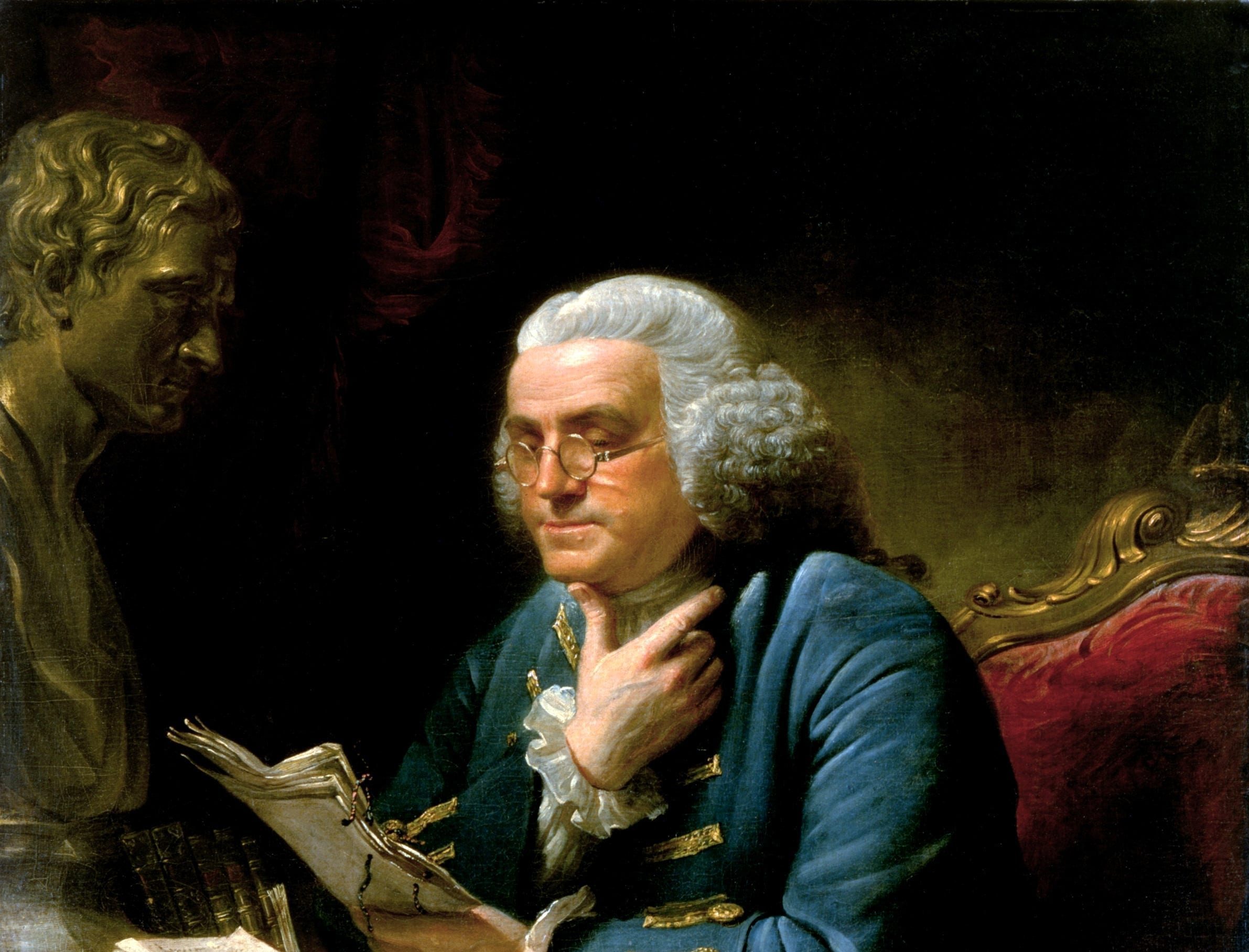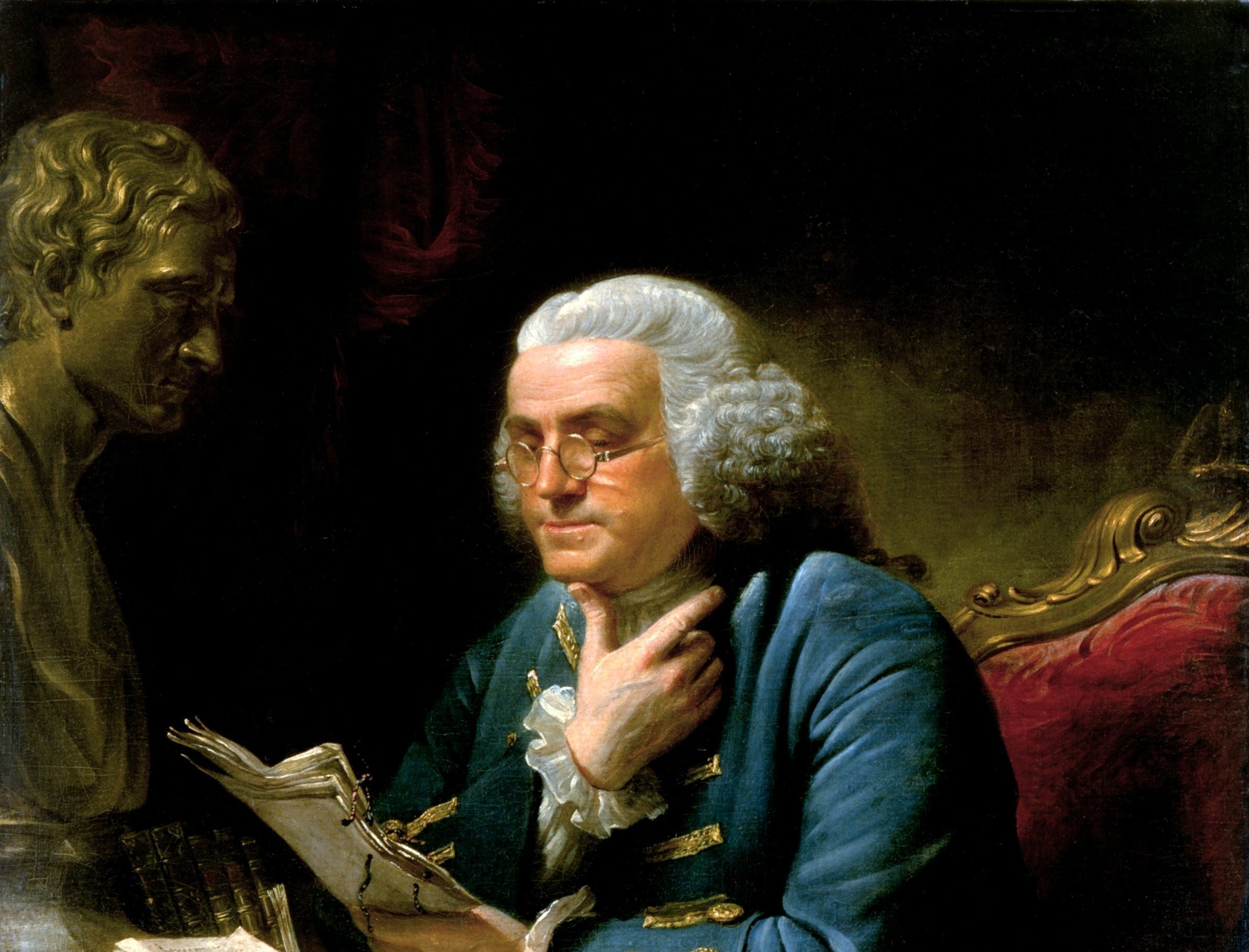Introduction
Born into the South Carolina aristocracy, John Laurens (1754–1782) devoted his brief adulthood to the struggle for liberty. The eldest son of Henry Laurens (1724–1792), president of the Continental Congress from 1777 to 1778, he was a lieutenant colonel in the Continental Army who served as George Washington’s aide-de-camp. He gained a reputation for bravery at the battles of Brandywine and Germantown, where a musket ball grazed his shoulder, as well as at Monmouth, where hishorse was shot out from under him.
Motivated by a strong opposition to slavery as well as a desire for a field command, Laurens proposed to his father enlisting the able-bodied male slaves who would have been part of his inheritance to form the core of a regiment he would lead into battle. Military service, he wrote to his father on January 14, 1778, “would advance those who are unjustly deprived of the rights of mankind to a state which would be a proper gradation between abject slavery and perfect liberty,” preparing them for freedom after the war.
His father, while not dismissing the idea, raised concerns. Would the former slaves view life in the army—away from loved ones and exposed to mortal danger—as an improvement? Would they run away? Would the plan survive likely opposition in South Carolina and elsewhere? In his February 2 response to his father, Laurens answered these objections.
In the spring of 1779, as the British invaded South Carolina, the Continental Congress acquiesced to the enlistment of African Americans. The government of South Carolina, however, blocked the plan. Laurens persisted, but became a prisoner of war when captured by the British in May 1780; then, upon his release at the end of the year, he received an appointment to serve as an American diplomat in France. He returned to the United States in time to lead a battalion at Yorktown in October 1781. While the British surrender there brought an end to major hostilities, in August 1782 Laurens suffered mortal wounds when he led a group of infantrymen into a British ambush at the Battle of the Combahee River near Beaufort, South Carolina. Neither Laurens nor his plan to raise a regiment of African Americans survived the War for Independence.
—David Tucker
Source: John Laurens to Henry Laurens, February 2, 1778, in William Gilmore Simms, ed., The Army Correspondence of Colonel John Lauren in the Years 1777–8 (New York: John B. Moreau, 1867), 114–18. https://archive.org/details/armylaurensyear00johnrich/page/114.
John Laurens to Henry Laurens, Valley Forge, Penn. | Feb 2, 1778
The more I reflect upon the difficulties and delays which are likely to attend the completing [of] our Continental regiments, the more anxiously is my mind bent upon the scheme, which I lately communicated to you. The obstacles to the execution of it had presented themselves to me, but by no means appeared insurmountable. I was aware of having that monstrous popular prejudice, open-mouthed against me, of undertaking to transform beings almost irrational, into well-disciplined soldiers, of being obliged to combat the arguments, and perhaps the intrigues, of interested persons. But zeal for the public service, and an ardent desire to assert the rights of humanity, determined me to engage in this arduous business, with the sanction of your consent. My own perseverance, aided by the countenance of a few virtuous men, will, I hope, enable me to accomplish it.
You seem to think, my dear father, that men reconciled by long habit to the miseries of their condition, would prefer their ignominious bonds to the untasted sweets of liberty, especially when offered upon the terms which I propose.
I confess, indeed, that the minds of this unhappy species must be debased by a servitude, from which they can hope for no relief but death, and that every motive to action but fear, must be nearly extinguished in them. But do you think they are so perfectly molded to their state as to be insensible that a better exists? Will the galling comparison between themselves and their masters leave them unenlightened in this respect? Can their self-love be so totally annihilated as not frequently to induce ardent wishes for a change?
You will accuse me, perhaps, my dearest friend, of consulting my own feelings too much; but I am tempted to believe that this trampled people have so much human left in them, as to be capable of aspiring to the rights of men by noble exertions, if some friend to mankind would point the road, and give them a prospect of success. If I am mistaken in this, I would avail myself, even of their weakness, and, conquering one fear by another, produce equal good to the public. You will ask in this view, how do you consult the benefit of the slaves? I answer, that like other men, they are the creatures of habit. Their cowardly ideas will be gradually effaced, and they will be modified anew. Their being rescued from a state of perpetual humiliation, and being advanced, as it were, in the scale of being, will compensate the dangers incident to their new state.
The hope that will spring in each man’s mind, respecting his own escape, will prevent his being miserable. Those who fall in battle will not lose much; those who survive will obtain their reward. Habits of subordination, patience under fatigues, sufferings and privations of every kind, are soldierly qualifications, which these men possess in an eminent degree.
Upon the whole, my dearest friend and father, I hope that my plan for serving my country and the oppressed negro race will not appear to you the chimera of a young mind, deceived by a false appearance of moral beauty, but a laudable sacrifice of private interest, to justice and the public good.
You say, that my resources would be small, on account of the proportion of women and children. I do not know whether I am right, for I speak from impulse, and have not reasoned upon the matter. I say, although my plan is at once to give freedom to the negroes, and gain soldiers to the states, in case of concurrence, I should sacrifice the former interest, and therefore would change the women and children for able-bodied men. The more of these I could obtain, the better; but forty might be a good foundation to begin upon.
It is a pity that some such plan as I propose could not be more extensively executed by public authority. A well-chosen body of 5,000 black men, properly officered, to act as light troops, in addition to our present establishment, might give us decisive success in the next campaign.
I have long deplored the wretched state of these men, and considered in their history, the bloody wars excited in Africa, to furnish America with slaves & the groans of despairing multitudes, toiling for the luxuries of merciless tyrants.
I have had the pleasure of conversing with you, sometimes, upon the means of restoring them to their rights. When can it be better done, than when their enfranchisement may be made conducive to the public good, and be modified, as not to overpower their weak minds?
You ask, what is the general’s opinion, upon this subject? He is convinced, that the numerous tribes of blacks in the southern parts of the continent, offer a resource to us that should not be neglected. With respect to my particular plan, he only objects to it, with the arguments of pity for a man who would be less rich than he might be.
I am obliged, my dearest friend and father, to take my leave for the present; you will excuse whatever exceptionable may have escaped in the course of my letter, and accept the assurance of filial love, and respect . . . .




